With the increasing demand for sustainable agricultural practices, the role of biochar organic fertilizer production lines has gained significant attention. Biochar, a form of charcoal produced from organic waste, is increasingly being used to improve soil health, enhance nutrient availability, and promote environmentally friendly farming. A biochar organic fertilizer production line combines biochar with organic materials to produce high-quality organic fertilizers. This article will explore the components, benefits, and production process of a biochar organic fertilizer production line and how it can contribute to sustainable agriculture.
What is a Biochar Organic Fertilizer Production Line?
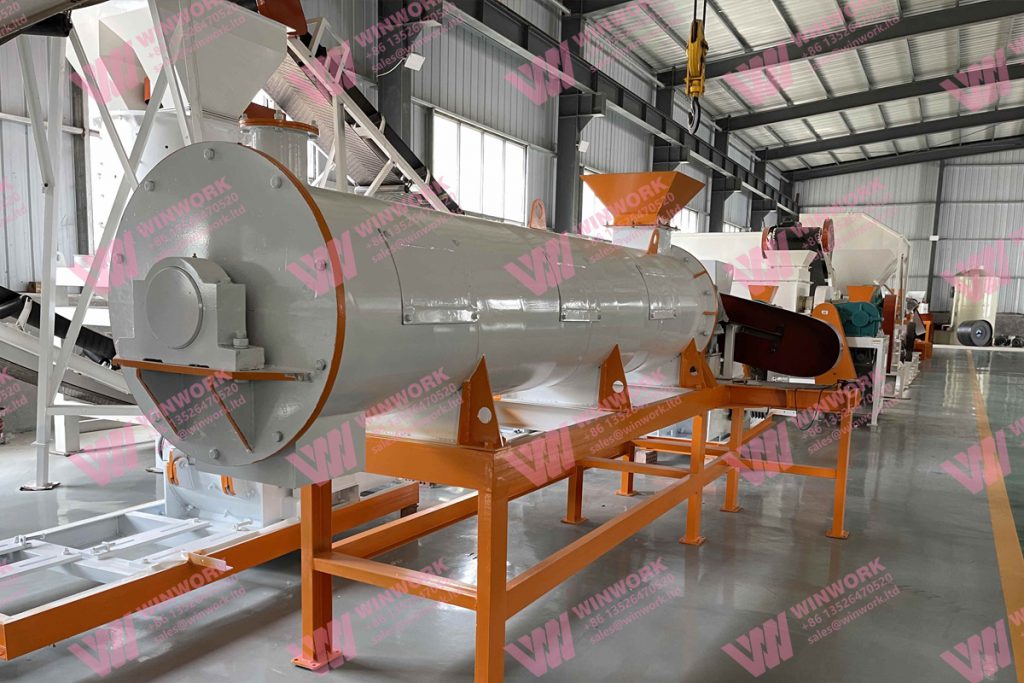
A biochar organic fertilizer production line is a complete system designed to process organic materials, such as agricultural waste, livestock manure, and other organic matter, into biochar-based organic fertilizers. The line incorporates biochar into the fertilizer production process, utilizing its properties to enhance soil fertility, water retention, and nutrient exchange capacity. By combining biochar with organic materials, the production line helps create a more efficient and sustainable fertilizer that contributes to both crop health and environmental conservation.
Key Components of a Biochar Organic Fertilizer Production Line
A biochar organic fertilizer production line typically consists of several key components that ensure efficient and sustainable fertilizer production:
-
Raw Material Preparation System
The first step in the biochar organic fertilizer production line is preparing the raw materials. These materials can include agricultural waste, animal manure, and other organic substances. The raw materials are carefully collected, shredded, and pre-processed to ensure uniformity and suitability for the production process. -
Biochar Production System
The biochar production system is central to the process. Biochar is produced through a process known as pyrolysis, where organic materials are heated in a low-oxygen environment. This process creates biochar, which has numerous beneficial properties, including high carbon content and excellent nutrient-holding capacity. The biochar is then cooled and ready to be mixed with other organic components. -
Composting System
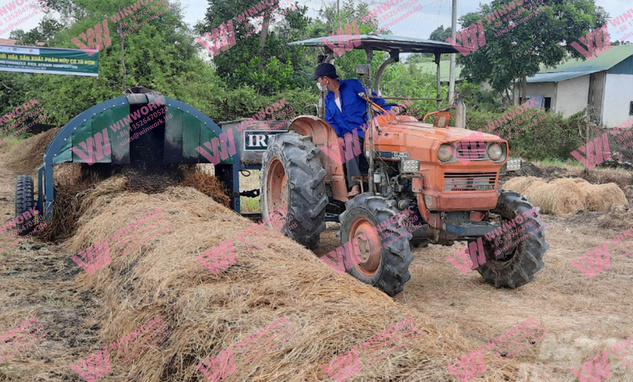
After the biochar is produced, it is mixed with other organic materials, such as composted manure or plant-based materials. The mixture is then processed through a composting system, where the organic matter breaks down further and reaches an optimal level of decomposition. This step ensures that the final fertilizer is nutrient-rich and suitable for plant growth. -
Mixing Equipment
A fertilizer mixer is used to combine the biochar with other organic materials, ensuring an even distribution of nutrients. The mixture is carefully blended to create a uniform, nutrient-rich organic fertilizer that is ready for granulation or other processing methods. -
Granulation Equipment
To create a fertilizer that is easy to handle and apply, the blended mixture is fed into a granulation system. This system converts the organic mix into pellets or granules, which are more convenient for packaging, storage, and application. Granulation can be done using a rotary drum granulator, pan granulator, or flat die granulator, depending on the production scale and product requirements. -
Drying and Cooling Equipment
After granulation, the fertilizer pellets or granules are dried to remove excess moisture. This is typically done using a rotary dryer or fluidized bed dryer. The granules are then cooled using a counter-flow cooler or rotary cooler to solidify their structure and prevent clumping during storage and transportation. -
Screening and Quality Control
The final step in the biochar organic fertilizer production line is screening. The fertilizer is passed through a screening system to ensure that the granules meet the required size and quality standards. Any oversized or undersized particles are removed, and the remaining product is ready for packaging. -
Packaging System
Once the fertilizer is screened, it is packaged using automatic packaging machines. Proper packaging ensures that the product remains free from contamination and retains its quality during storage and transportation. The packaging process is crucial for preserving the biochar organic fertilizer’s effectiveness.
Advantages of a Biochar Organic Fertilizer Production Line
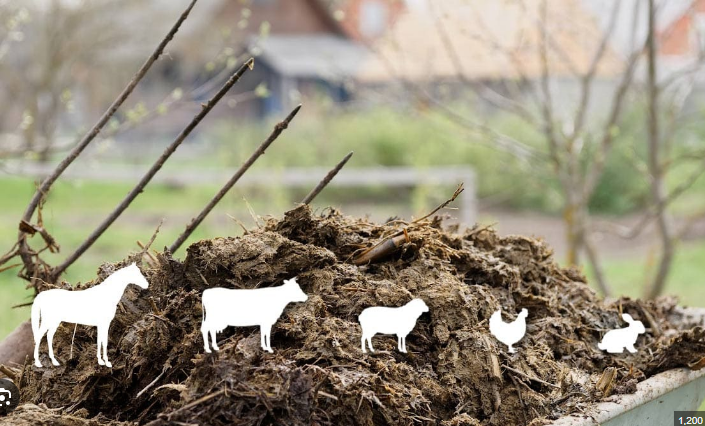
-
Enhanced Soil Fertility
The biochar in the fertilizer improves soil structure by increasing its water retention, aeration, and nutrient-holding capacity. This leads to improved soil fertility and healthier plant growth. Biochar also reduces nutrient leaching, ensuring that essential nutrients remain available for plants over time. -
Sustainability and Environmental Impact
The use of biochar organic fertilizers contributes to reducing waste by converting agricultural and animal waste into valuable fertilizer. Biochar production also helps sequester carbon, reducing greenhouse gas emissions and contributing to climate change mitigation. By using organic waste as a raw material, the biochar organic fertilizer production line offers a sustainable alternative to traditional chemical fertilizers. -
Improved Crop Yields
The nutrient-rich biochar organic fertilizers promote stronger and healthier plants, leading to improved crop yields. Biochar enhances nutrient uptake, soil health, and microbial activity, all of which contribute to better crop performance and higher productivity. -
Reduced Fertilizer Dependency
By producing organic fertilizers with biochar, farmers can reduce their dependency on synthetic chemical fertilizers. This shift towards organic fertilizers helps create more resilient farming systems, promoting long-term sustainability and reducing the environmental impact associated with chemical fertilizers. -
Cost-Effectiveness
A biochar organic fertilizer production line can be a cost-effective solution for fertilizer manufacturers. The use of locally sourced organic waste as raw materials reduces material costs, while the efficient production process helps minimize energy consumption and waste.
How a Biochar Organic Fertilizer Production Line Works
The production process begins with the collection and preparation of raw organic materials. These materials are then processed through a biochar production system, where they are heated in a low-oxygen environment to create biochar. The biochar is then mixed with composted organic materials and blended into a homogeneous mixture using a fertilizer mixer.
Next, the mixture is granulated into pellets or granules, dried to remove excess moisture, and cooled to solidify its structure. The fertilizer is then screened to ensure uniform particle size and packaged for distribution. Throughout the process, quality control measures are implemented to ensure that the final product meets the required specifications for nutrient content and performance.
Choosing the Right Biochar Organic Fertilizer Production Line
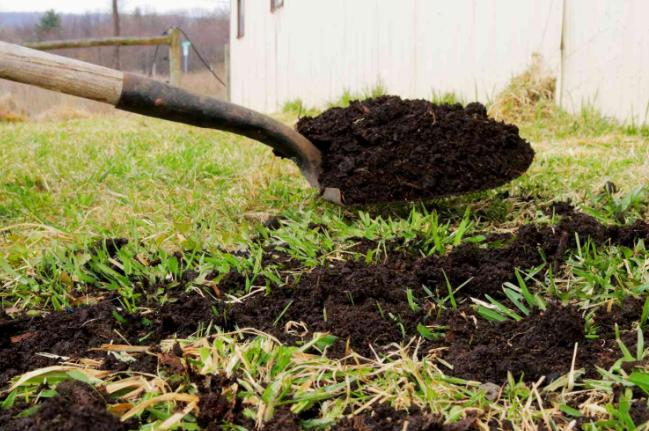
When selecting a biochar organic fertilizer production line, it is important to consider the following factors:
- Production Capacity: Determine the scale of production you require, whether for small-scale operations or large industrial production.
- Raw Material Availability: Ensure that you have access to sufficient organic waste materials, such as agricultural residues, animal manure, and plant-based materials.
- Automation and Efficiency: Look for a production line with automated systems to improve production efficiency and reduce labor costs.
- Energy Efficiency: Choose a system that uses energy efficiently to reduce production costs and minimize environmental impact.
- Customization Options: Ensure that the production line can be tailored to meet your specific requirements for fertilizer formulation and granule size.
Conclusion
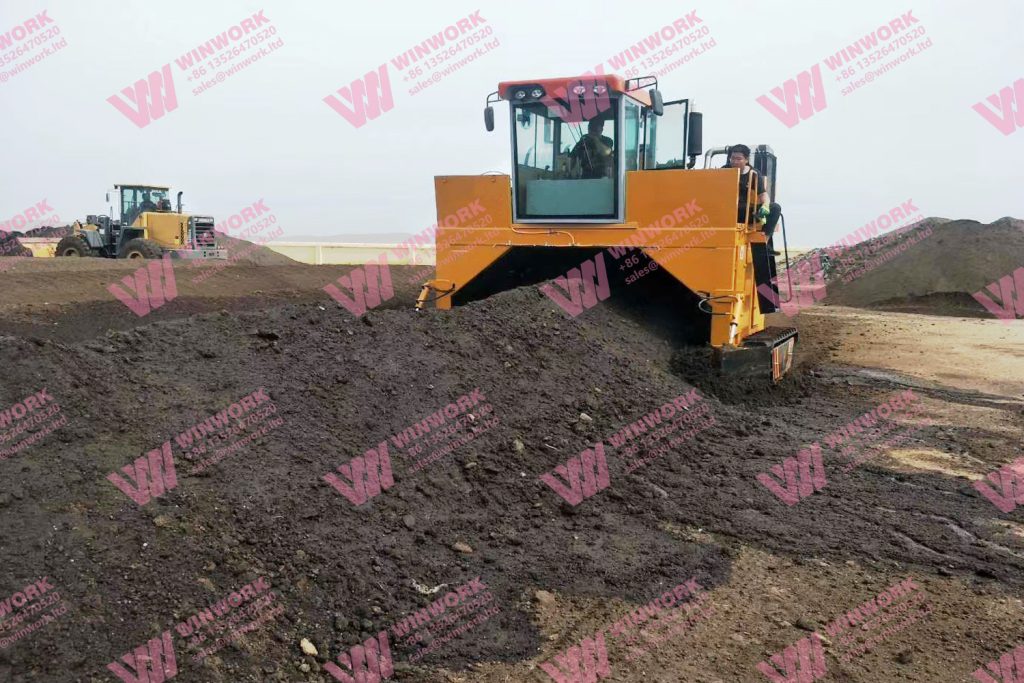
Compost Turner Working Site
A biochar organic fertilizer production line offers a sustainable and efficient solution for producing high-quality organic fertilizers that contribute to healthier soils, increased crop yields, and environmental conservation. By incorporating biochar into the fertilizer, manufacturers can create products that enhance soil fertility and promote sustainable farming practices. Investing in a biochar organic fertilizer production line can help fertilizer manufacturers meet the growing demand for eco-friendly fertilizers while supporting the transition to more sustainable agricultural systems.
Call to Action
Ready to take your fertilizer production to the next level? Contact us today to learn more about our biochar organic fertilizer production line solutions and how we can help you produce high-quality, sustainable fertilizers for a healthier planet.


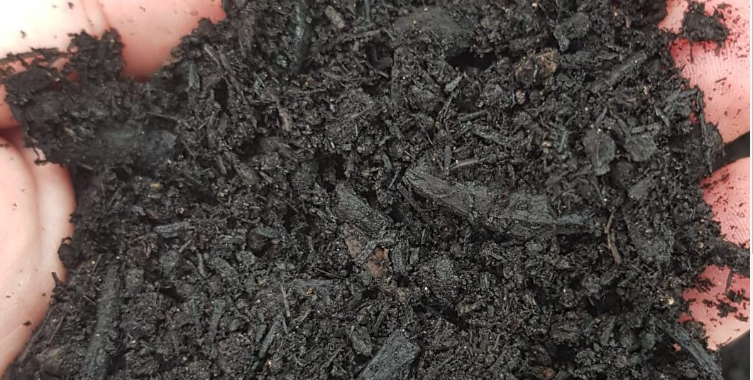
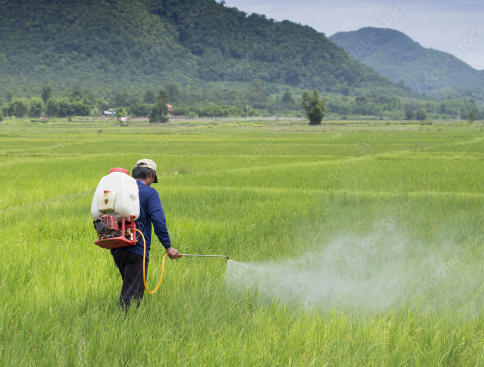

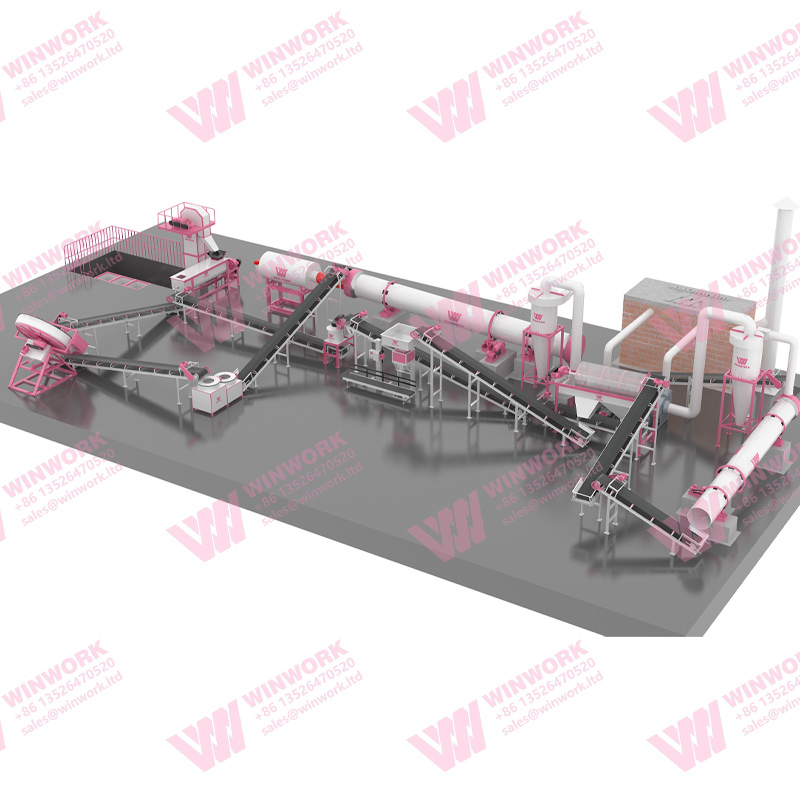
Get A Quote